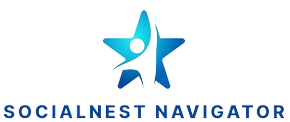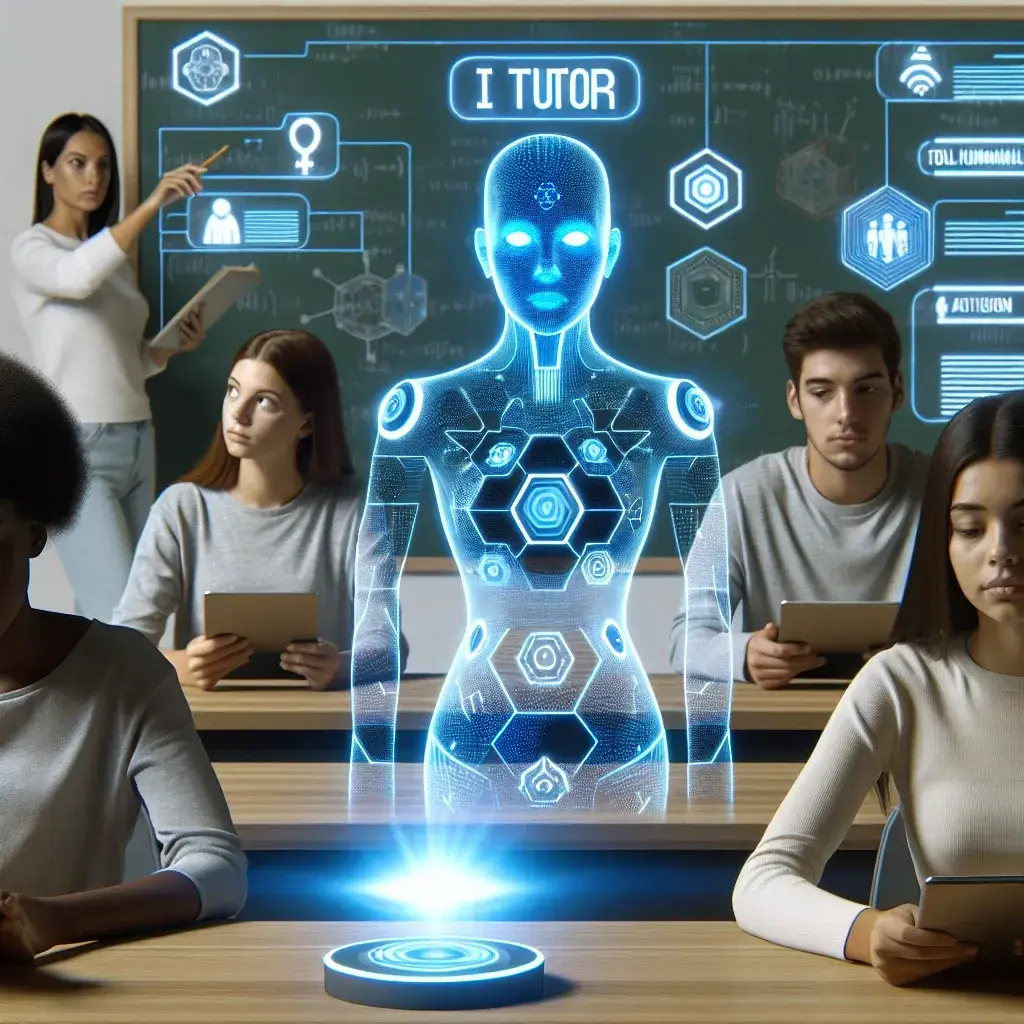Introduction
Khan Academy, a leading online education platform, is known for its commitment to providing free, world-class education for anyone, anywhere. Recently, it has made a groundbreaking move by integrating the advanced GPT-4 tutor into its classrooms. This integration promises to transform how education is delivered and experienced, offering personalized learning support that was previously unimaginable.
The Evolution of Khan Academy
Founded in 2008 by Salman Khan, Khan Academy started as a simple initiative aimed at providing educational resources through video lessons. Over the years, it has grown to encompass a wide range of subjects, serving millions of students globally. With its adaptive learning technology and engaging content, Khan Academy has become a staple in both traditional and remote learning environments.
Historical Context
The integration of technology in education is not new. Over the past two decades, there has been a significant shift towards digital learning. The introduction of tools like interactive whiteboards, learning management systems, and online assessments paved the way for a more engaging educational experience. However, the advent of Artificial Intelligence (AI) marks a new chapter in this evolution.
What is GPT-4?
GPT-4, developed by OpenAI, is the latest iteration of the Generative Pre-trained Transformer series. This AI model is designed to understand and generate human-like text, making it a powerful tool for various applications, including education. Its capabilities can enhance personalized learning by analyzing student interactions and providing tailored feedback and resources.
Features of GPT-4 in Education
- Personalized Learning: GPT-4 can adapt to individual student needs, offering customized explanations and resources based on their learning pace and style.
- Instant Feedback: The AI can provide immediate responses to student queries, helping them grasp concepts more effectively.
- Interactive Learning: By engaging in conversations with students, GPT-4 makes learning more interactive and enjoyable.
- Resource Recommendations: The AI can suggest relevant materials and exercises that enhance the learning experience.
Benefits of Integrating GPT-4 in Khan Academy
Enhanced Engagement
The introduction of GPT-4 in Khan Academy classrooms is set to increase student engagement significantly. By providing instant answers and interactive dialogues, students are more likely to participate actively in their learning process.
Support for Teachers
Teachers often face challenges in catering to the diverse needs of their students. With GPT-4, educators can receive assistance in identifying students who may need extra help, allowing them to focus their efforts where they are most needed.
Scalability
The integration of AI technology allows Khan Academy to scale its offerings without compromising the quality of education. GPT-4 can support millions of students simultaneously, providing consistent and reliable assistance across various subjects.
Challenges and Considerations
Data Privacy
While the benefits of integrating GPT-4 are substantial, concerns about data privacy and security remain. It is crucial for Khan Academy to implement robust measures to protect student information while utilizing AI technologies.
The Role of Human Interaction
Despite the advantages of AI tutors, the importance of human interaction in education cannot be overlooked. Teachers play a vital role in providing emotional support and fostering a positive learning environment, which AI cannot fully replicate.
Future Predictions
The Growth of AI in Education
The integration of GPT-4 marks just the beginning of AI in education. As technology continues to evolve, we can expect even more advanced AI tools that will further personalize and enhance learning experiences. Schools and educational institutions may increasingly adopt AI solutions, making personalized education the norm rather than the exception.
Potential for Global Reach
With tools like GPT-4, Khan Academy can expand its reach to underserved populations worldwide. By breaking down language barriers and providing personalized learning experiences, AI can democratize education on a global scale.
Conclusion
In conclusion, Khan Academy’s integration of the GPT-4 tutor into classrooms represents a pivotal moment in the evolution of education. By harnessing the power of AI, the platform is poised to enhance personalized learning experiences, increase student engagement, and support teachers in their critical roles. As we look to the future, it is clear that AI will play an increasingly significant role in shaping the educational landscape, paving the way for a more inclusive and effective learning environment.
Call to Action
As we embrace this new era of education, it is essential for educators, students, and parents to stay informed about the advancements in technology and their implications for learning. Explore Khan Academy’s offerings and see how the GPT-4 tutor can make a difference in your educational journey.

